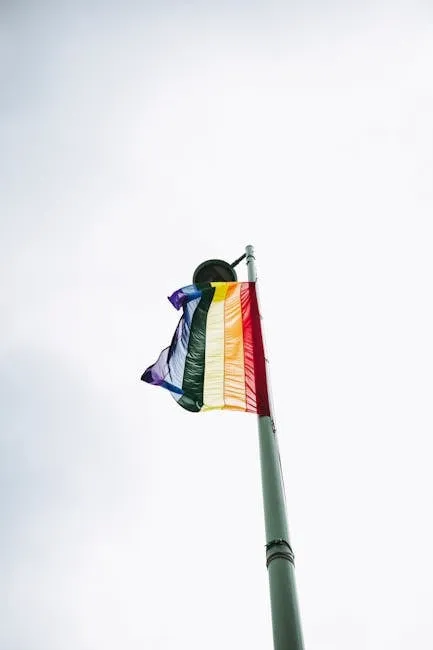OpenAI’s Sora App: New Opt-In Copyright Controls to Empower Creators
In a significant shift in direction, OpenAI is making waves with its new video application, Sora. Under the leadership of CEO Sam Altman, the company is set to introduce “granular,” opt-in copyright controls, which could redefine how creators manage their content and intellectual property. This move comes as part of a broader initiative to enhance user autonomy and trust in the rapidly evolving landscape of digital media.
The Need for Copyright Controls
As digital content becomes increasingly accessible and shareable, the issue of copyright infringement looms larger than ever. Content creators often find themselves in a precarious position, struggling to protect their work from unauthorized use. With platforms frequently inundated with user-generated content, the need for robust copyright mechanisms has never been more essential.
OpenAI’s Sora aims to address this challenge head-on. By implementing opt-in copyright controls, the app will allow users to specify how their content can be used, shared, or modified by others. This granular approach not only empowers creators but also fosters a culture of respect and responsibility among users.
What are Opt-In Copyright Controls?
Opt-in copyright controls are a set of features that enable creators to determine the parameters of how their work is utilized. This could include options such as:
- Sharing Permissions: Users can decide whether their content can be shared publicly, privately, or not at all.
- Modification Rights: Creators can specify if others can remix, alter, or build upon their work.
- Monetization Options: Users might be able to choose if and how their content can be monetized, allowing for potential revenue streams.
By giving creators more control, OpenAI is not only protecting their rights but also encouraging a more ethical and sustainable content-sharing ecosystem.
Implications for Content Creators
The introduction of these controls could have profound implications for content creators across the board. Artists, videographers, educators, and anyone involved in digital content creation can benefit from a system that prioritizes their rights. With the ability to set their own rules, creators may feel more secure in sharing their work, knowing they have a say in how it is used.
This initiative aligns with a growing trend in the tech industry, where transparency and user empowerment are becoming paramount. As consumers become more aware of issues related to data privacy and intellectual property, tools like Sora could become essential for anyone looking to navigate the digital landscape safely.
Conclusion
OpenAI’s Sora app is poised to revolutionize how copyright and intellectual property are handled in the digital age. By introducing granular, opt-in copyright controls, the company is taking a significant step toward empowering creators and fostering a respectful content-sharing environment. As we await the official launch, the anticipation builds for how this innovative approach will shape the future of content creation and consumption.
